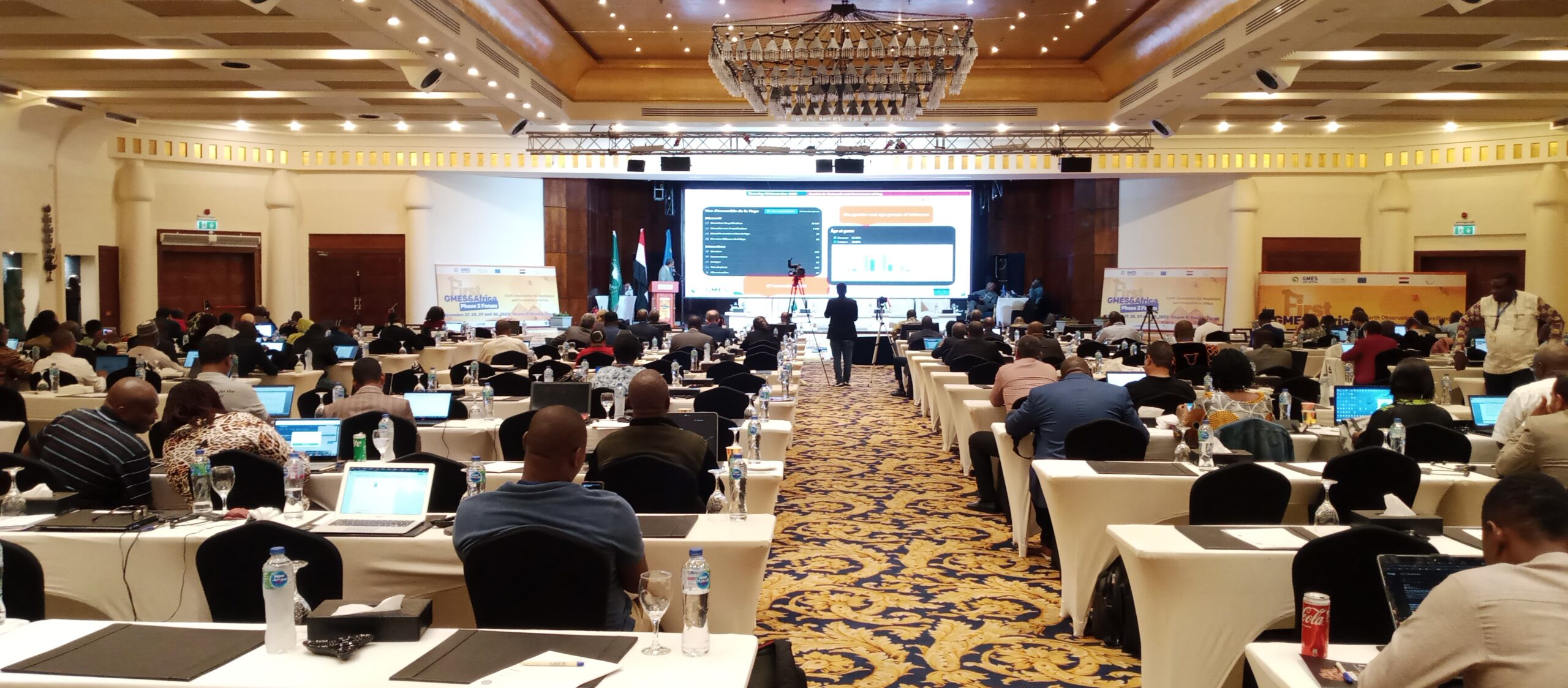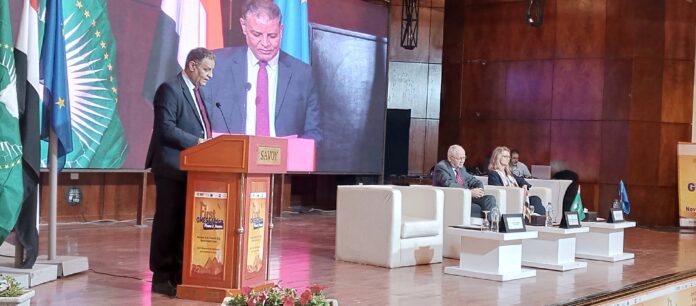By Mazera Ndurya
Sharm El-Sheikh, Egypt: Africa can advance environmental management, agricultural productivity, food security, and disaster risk reduction through earth observation.
Scientists and policymakers in Africa now see earth observation as an instrument for understanding and addressing complex environmental, social, and economic issues that affect the Earth and its inhabitants.
The African Union Commissioner for Education, Science Technology and Innovation, Professor. Mohammed Belhocine described these priorities as the cornerstone of the Agenda 2063 and the African Outer Space programme, which is designed to contribute to transformed inclusive and sustainable economies.
He says Africa has remarkable potential to deploy earth observation tools and technologies in support of the continent’s socio-economic development.

The subject is at the center of ongoing discussions by a broad spectrum of African scientists, businesses, and policymakers Global Monitoring for Environment and Security and Africa (GMES & Africa) meeting in the Egyptian resort of Sharm El-Sheikh.
The biennial Forum of GMES and Africa brings together more than 200 delegates from Africa and Europe. Its focus this year is fostering resilience and innovation in the continent through the utilization of earth observation systems.
One of the flagships of the Agenda 2063, the African Space Programme is anchored on a strategy for mobilizing space actors and building partnerships within and beyond the continent. It will be coordinated and implemented by the African Space Agency which is hosted by Egypt.
The Egyptian Minister of Higher Education and Scientific Research, Prof. Mohamed Ayman Ashour, believes that space technology, remote sensing, and digitalization will be drivers of African economies and the achievement of significant socio-economic development.
He lauded the decision by African governments to establish a continental space programme, and described this as a step in addressing some of the developmental challenges facing the continent.
The first Africa-wide earth observation programme, GMES, and Africa cover the entire continent including Northern Africa. It is built on an intercontinental partnership between the African Union and the European Union, to address common global priorities and challenges.
Because of its success in developing and providing earth observation services to communities, GMES and Africa are considered a reference point for the Africa-Europe partnership.
Catherine Ghyhoot of the EU Commission’s Cooperation Office underscored the EU’s commitment to continuing its collaboration with Africa on space and cited digitalization and climate change as future priorities in the Africa-Europe partnership.
In its ongoing second implementation phase, GMES and Africa is focused on strengthening the sharing and utilization of information and available knowledge resources by user communities. The Sharm El-Sheikh Forum is an opportunity to innovate and generate new techniques for harnessing earth observation technology for building resilience and uplifting lives in Africa.














